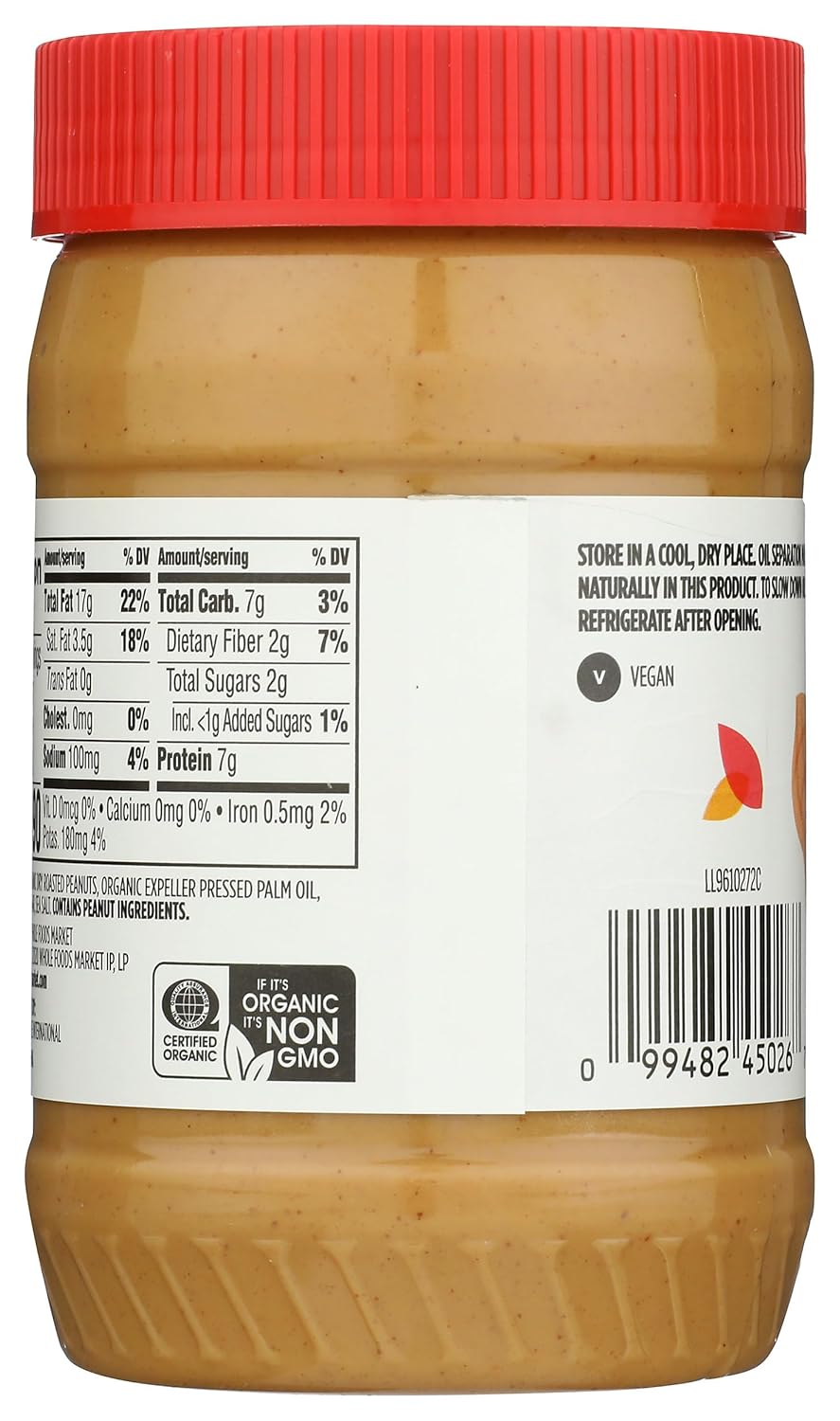





Price: $5.69
(as of Apr 12, 2025 00:23:07 UTC - Amazon Site(s), as applicable] at the time of purchase will apply to the purchase of this product.">Details)
What is the Best Butter for You? A Comprehensive Guide
Introduction
When it comes to cooking and baking, butter is often a staple ingredient. But with so many options available, you might be wondering, "What is the best butter for you?" This question isn't just about taste; it also involves health considerations, dietary preferences, and cooking methods. In this article, we'll explore different types of butter, their benefits, and how to choose the best one for your needs. Whether you're looking for the healthiest option or the best butter for baking, we've got you covered. Let's dive in!
1. The Benefits of Grass-Fed Butter
Why Choose Grass-Fed Butter?
Grass-fed butter has gained popularity in recent years, and for good reason. Unlike conventional butter, which comes from cows fed a grain-based diet, grass-fed butter comes from cows that graze on grass. This not only enhances the flavor but also increases its nutritional profile. Grass-fed butter is richer in omega-3 fatty acids and vitamins A and K2, making it a healthier choice for those who want to boost their nutrient intake.
Health Advantages
One of the standout benefits of grass-fed butter is its higher concentration of beneficial fatty acids. These can help reduce inflammation and support heart health. Additionally, the vitamins found in grass-fed butter can contribute to better vision and bone health. If you're looking to incorporate more healthy fats into your diet, choosing grass-fed butter can be a delicious way to do so.
2. Unsalted vs. Salted Butter: Which is Better?
Understanding the Differences
When selecting butter, one common question is whether to choose unsalted or salted butter. Unsalted butter is often preferred for baking, as it gives you more control over the salt content in your recipes. On the other hand, salted butter can enhance the flavor of dishes and is great for spreading on bread or using in savory recipes.
Choosing the Right Type for Your Needs
If you bake frequently, unsalted butter is probably your best bet. It allows you to measure salt accurately and achieve consistent results. For everyday cooking, however, salted butter can add a nice flavor boost. Ultimately, the choice between salted and unsalted butter depends on your cooking style and personal taste preferences.
3. The Rise of Plant-Based Butters
Exploring Alternatives
In recent years, plant-based butters have become increasingly popular, especially among those following vegan or dairy-free diets. These products are typically made from oils like coconut, avocado, or nuts, providing a buttery texture without any animal products.
Benefits of Plant-Based Options
Plant-based butters come with their own set of advantages. Many are lower in saturated fats and cholesterol-free, making them heart-healthier alternatives. They also offer a variety of flavors, depending on the ingredients used. Whether you're spreading it on toast or using it in recipes, plant-based butter can be a versatile addition to your pantry.
4. The Best Butter for Baking
Key Considerations for Baking
When it comes to baking, not all butters are created equal. The best butter for baking should have a high-fat content and be unsalted for precise flavor control. Brands that specify their butter is made for baking often have a higher butterfat percentage, which can lead to flakier pastries and richer cakes.
Recommended Brands
Some popular brands known for their excellent baking butter include Plugra and Kerrygold. These butters are favored by many bakers for their quality and flavor. If you're serious about your baking, investing in high-quality butter can make a noticeable difference in your results.
5. The Healthiest Butter Choices
Looking for Health Benefits
If you're focused on health, you might be wondering what the healthiest butter options are. In addition to grass-fed butter, there are several other choices worth considering. For example, organic butter is produced without synthetic pesticides or hormones, making it a cleaner option.
Making Informed Decisions
When selecting a butter, look for options labeled "organic" or "grass-fed." These choices often have a better nutrient profile and fewer chemicals. Additionally, consider portion control; using less butter can help you enjoy its flavor without overdoing it on calories or fats.
Conclusion
So, what is the best butter for you? The answer depends on your personal preferences, dietary needs, and cooking habits. Whether you choose grass-fed, unsalted, or plant-based butter, each option has its unique benefits. By understanding the different types of butter available and their uses, you can make informed choices that suit your lifestyle. Remember, the key is to enjoy your cooking while making health-conscious selections. Happy cooking!
Contains 90% Peanuts
Peanut Butter Spread
Trust & Quality We Are Proud To Offer This Product To You Because It Meets Our Rigorous Quality Standards, Which Prohibit Over 100 Ingredients For Both Food And Supplements.
365 by Whole Foods Market products give you that dance-down-the-aisles feeling, virtual aisles too! Our huge range of choices with premium ingredients at prices you can get down with makes grocery shopping so much more than tossing the basics in your cart.
An Amazon brand
